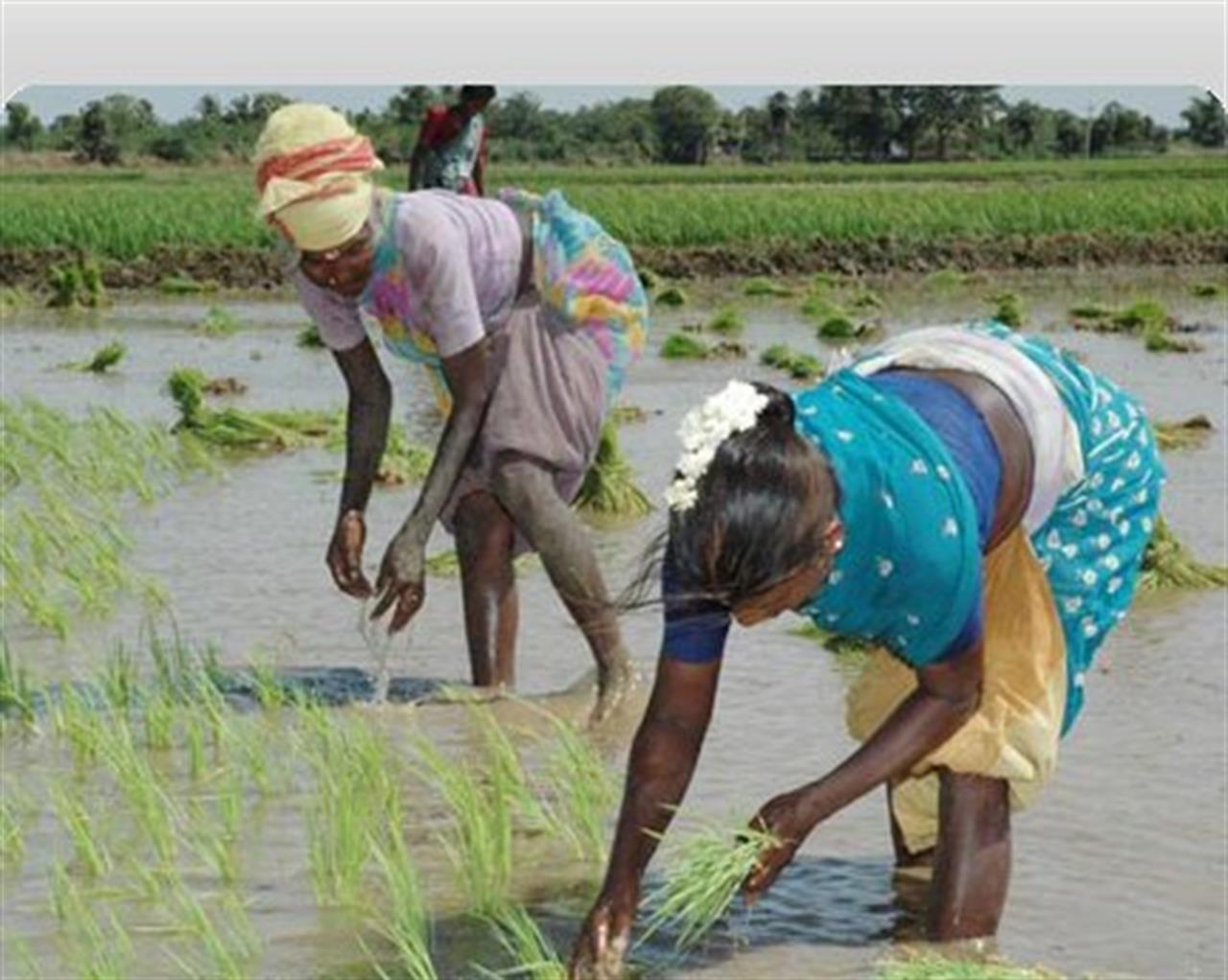Economia
How to guarantee food for the planet?
Access to food: one the most pressing challenges of the XXI century

After decades of constant decrease in the prices of food commodities, 2008 registered a sudden price hike. The increase in prices is even higher now, in 2011. Therefore the issue of food access will be one of the key priorities that humanity will have to face in the next future.
We are living in an era of big contradictions and inequalities: according to a study by FAO, in 2010 about a billion people suffered from malnutrition, and in the same year an equivalent number of people in developed countries was overweight.
Andrea Boltho, Professor of International Economics and Emeritus Fellow of Magdalen College, Oxford, was one of the speakers at a webinar organized by the Barilla Center for Food and Nutrition last week in Milan, on the 24 May. Professor Boltho pointed out that the number of undernourished people in the world is going to increase. As a matter of fact food commodities prices will be even higher in the mid-term due to the laws of supply and demand. Between 2010 and 2050 world population should increase by 30-35% and there should also be a fast increase in poor countries’ incomes. As a consequence of this there will be an increase in the demand of food, also of quality food.
On the one hand this is good news – continues Professor Boltho- but on the other hand the increase in demand will make the offer not able to keep up with this increase. Why? For two main reasons: one is soil productivity. Agriculture production increased around the world between the fifties and the seventies thanks to the Green Revolution. Now production has decreased. GMOs don’t have the same properties of the food produced during the Green Revolution. Moreover land availability can be reduced due to erosion, soil degradation, lack of water in some areas and the increase in using lands to produce biofules.
As world population is going to increase it is very likely that food prices will be extremely volatile for a number of reasons that have occurred in the last years, such as financial speculations and climate change.
What are the possible solutions to the present food crisis?
Steven Schonberger, Regional Economist for Western and Central Africa of the International Fund for Agricultural Development (IFAD), another panellist at the Barilla CFN webinar, remarked that it is necessary to invest in agriculture, as in the past 20-30 years neither governments in developing countries, nor governments and private sector in developed countries invested in agriculture.
It was also proposed to tax harmful food to discourage its consumption.
David Dawe, Senior Economist in the Agricultural Development Economics Division of the FAO, highlighted that it is very important to educate people to eat properly. Through education they can also understand the reason behind taxing harmful food.
Financial speculation, according to all three economists attending the round table, has to be opposed through legislation to increase transparency in the commodity market, which is less transparent than other markets.
As regards this issue, the recently launched Italian campaign Sulla fame non si specula (Stop gambling on hunger) calls for more regulations to safeguard food markets from speculation. It is a joint advocacy campaign between Action Aid International, Acli (Association of Italian Christian workers), Pime Institute, Unimondo-Oneworld, Vita Magazine, and other Italian NGOs. Milan’s newly–elected mayor, Giuliano Pisapia, subscribed his name to the campaign and to the ethical code that prevents the city administration from investing in speculative food stocks. An important step for the city of Milan, Italy’s capital of finance and host of Expo 2015, which theme is “Nourishing the planet, energy for life”.
At the end of the meeting the three economists analyzed the socio-political dimension of the food issue, emphasising that access to food is strategic to guarantee global balance and avoid conflicts, a very topical issue: one of the main reasons for the recent revolutions in Northern Africa and in the Middle East is the spike in food prices.
Cosa fa VITA?
Da 30 anni VITA è la testata di riferimento dell’innovazione sociale, dell’attivismo civico e del Terzo settore. Siamo un’impresa sociale senza scopo di lucro: raccontiamo storie, promuoviamo campagne, interpelliamo le imprese, la politica e le istituzioni per promuovere i valori dell’interesse generale e del bene comune. Se riusciamo a farlo è grazie a chi decide di sostenerci.
